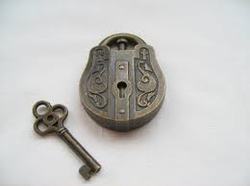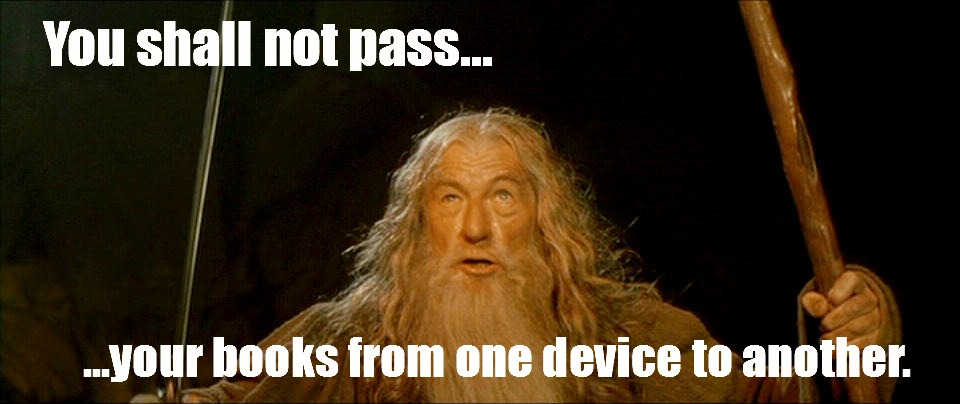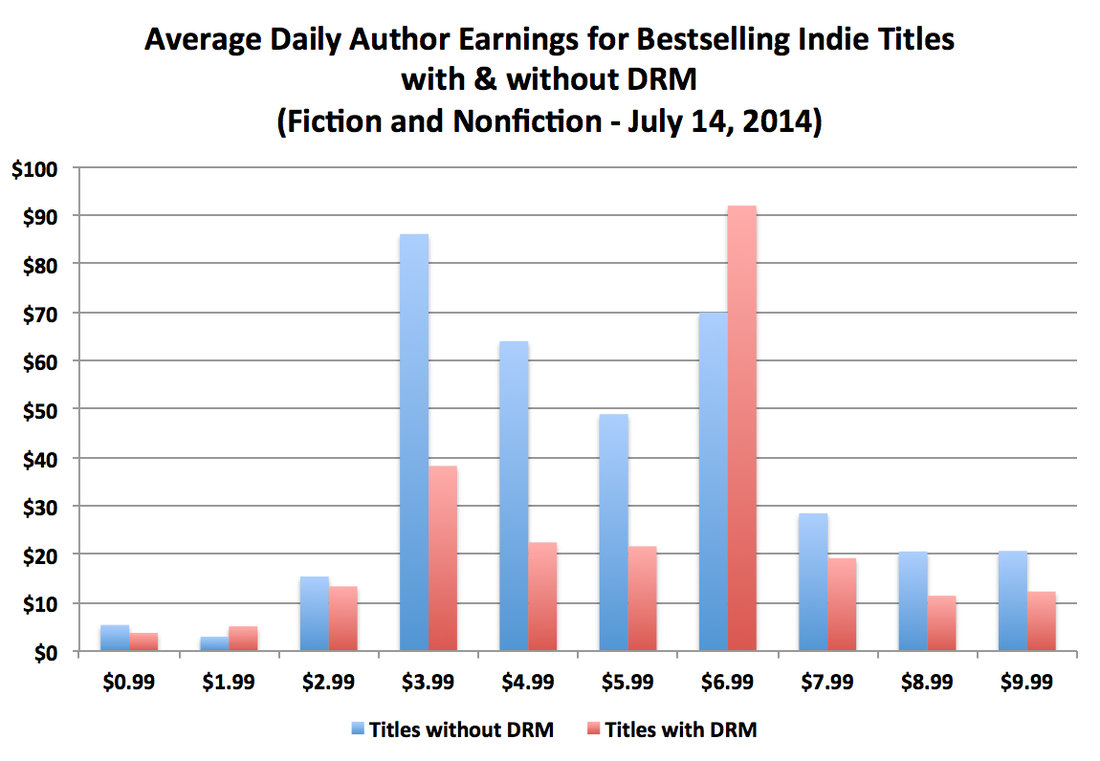 First, what is DRM? Digital rights management (DRM) refers to digital locks used by contents creators and publishers to restrict unauthorized use of their digital contents, and to control how such contents are accessed and shared when usage is authorized. Copyright owners may use DRM to protect their digital contents by using encryption systems that allow remote monitoring and control. Published contents such as ebooks may be encrypted to prevent piracy. Several authors, publishers, and end-users are often divided about the role DRM plays. Over the years, DRM has influenced digital content protection, access, and sharing from unauthorized users. However, DRM controversy evolves from how it restricts authorized users from enjoying the benefits of what they have already paid for. So, basically what DRM means is... At least the reader can't pass their books from one device to another. Wait a minute...doesn't Amazon have a way of passing from device to device? What about Whisper net? How does that work? I sense a different blog post here. Now I'm a small time publisher and I really don't have a fancy way to detect where my books are going so in general, I go DRM free. A plus side is the result is people are willing to buy a book that's DRM free and since you really don't have control of pirates being pirates, you hurt your sales and that's just bad business. And now, a chart to visualize my point. However, because I like to know about things before I spout off, we did some research and came up with our Pros and Cons.
The Pros of DRM Some authors, publishers and even end-users have supported DRM, and most of their argument revolves around the following: Protect Intellectual Property: proponents of DRM have argued that authors deserve the right to own their brain child. Without DRM, authors (especially self-published authors) may easily lose their brain child to publishers, other authors, or even an unknown pirate. DRM makes it possible for authors and publishers to track and monitor how their contents are accessed and shared. Without DRM pirates can easily copy and redistribute ebooks illegally and may end up with more money than publishers and authors. Of course being plundered by pirates is bad for business however, these were people that were NEVER going to buy your book in the first place. You can feel riped-off and fight those pirates and put forth the effort, hours and hair-pulling of chasing them down, or you can consider it the price of marketing. Yes, marketing because most people will buy your book if it's: a) Affordable b) Easy to obtain c) They know you will entertain or educate People don't want to feel like thieves and with those three assets above in place, you're normal person will not go through all the effort to rip you off. DRM Ensures Authors’ Payment: DRM ensures that authors get paid for their work based on facts and figures gathered from DRM data. The remote monitoring system of DRM makes it possible to collect relevant data about consumers, number of purchase made, and buying patterns. Self-published authors can easily find out what to expect from the sales of their ebooks. Also, authors working with publishers may be aware of what to expect from their ebook sales, though it may be subject to initial contract agreement. I'd like to point out, I don't have any special DRM tracking device. Maybe Amazon does, but I don't. The Cons of DRM The following are some of the cons of DRM: Limit Accessibility and Portability: DRM makes it impossible for consumers to access contents they paid for on desired platforms except the ones authorized by the copyright owners. This system places the consumer at a disadvantage and makes it almost impossible to move around with contents they paid for using a preferred device. Unfair Profit: copyright owners often claim that DRM is aimed at curbing piracy, but the system has been used to generate unfair profits for authors and publishers. Buyers may have to pay for an ebook twice or more just to view contents in a different format or device. Some DRM systems are specifically designed to limit accessibility instead of redistribution. Hack and Crack: authors and publishers who support the use of DRM are aware that pirates can hack and crack DRM encryptions. When content’s DRM is cracked, it is often available for free online or via several devices for copying and sharing. In such situations, many consumers simply sidestep the genuine source of the digital content. However, when contents are DRM free, consumers will buy from the genuine source. The reason is simple they can move what they pay for to almost any convenient format or device. Consumers often prefer to acquire contents form genuine sources except if such contents have been encrypted to limit usage. This is true even of my own household. ACTION ITEM: The takeaway is--make it simple to read your stuff! DRM isn't going to protect you from pirates. The law isn't going to protect you from pirates. Fans and admirers will support you. Put your energy into making them happy. Just like you need a thick skin for critics, you need a thick skin for those who would steal for the sake of stealing. For most, their conscious guides them. Just make it easy for them to say...I'd rather my favorite author get the money so she can write some more.
2 Comments
Donald
11/6/2014 05:55:20 pm
I specifically seek out DRM free stuff because I know I will be able to get it on whatever device I want. With out worry.
Reply
Stephanie
11/7/2014 01:56:50 pm
That's what I try to do too! All of our print books also get the ebook version free with purchase.
Reply
Leave a Reply. |
Dear Reader,
My efforts are to make this a learning blog where writers can see the flip side of publishing. If you have comments that will improve your experience or have a certain topic you'd like discussed, please contact me through email - HERE. ~ Sincerley, Your Editor Stephanie McKibben Head Troll Troll River Publications Books on Kindle
Categories
All
Blog Roll
Archives
January 2017
|



 RSS Feed
RSS Feed

